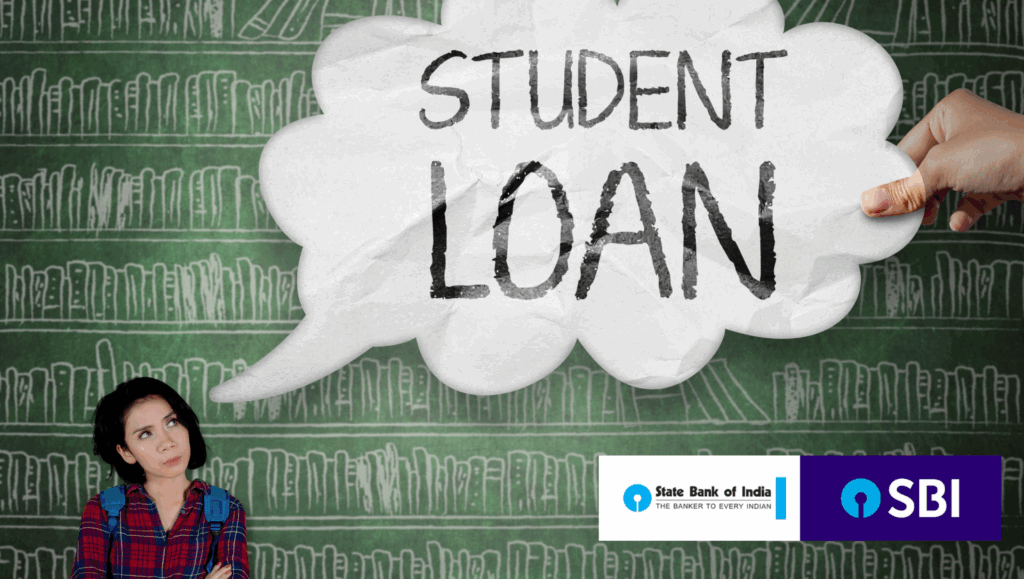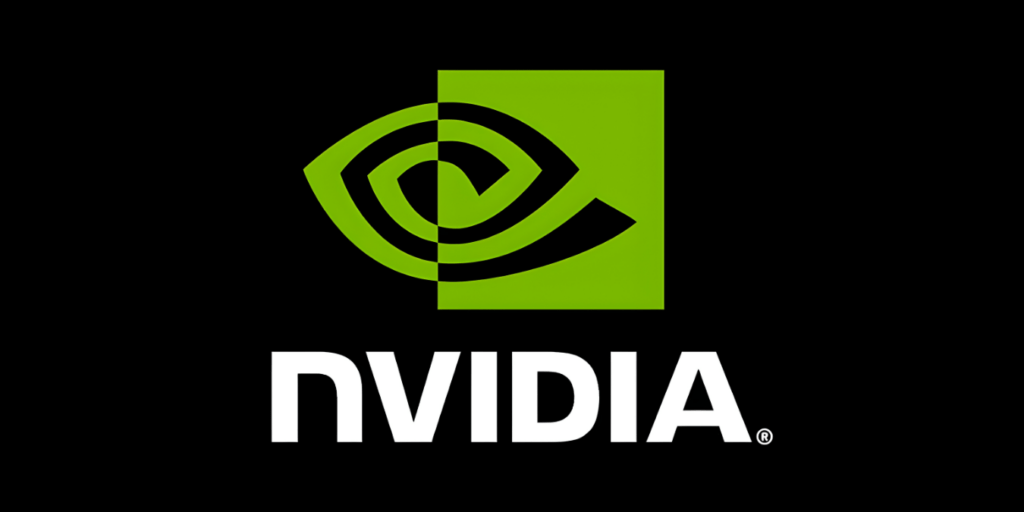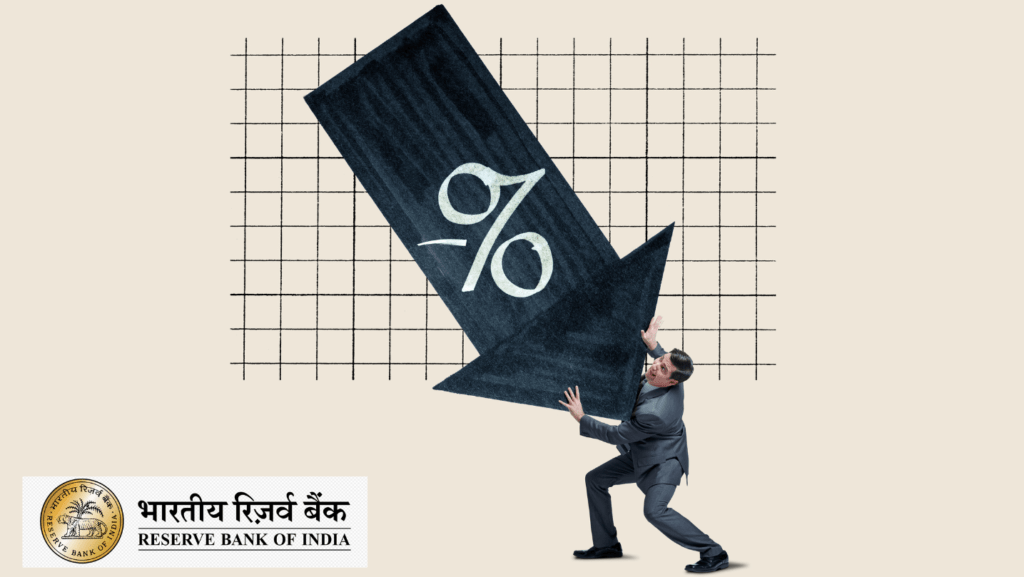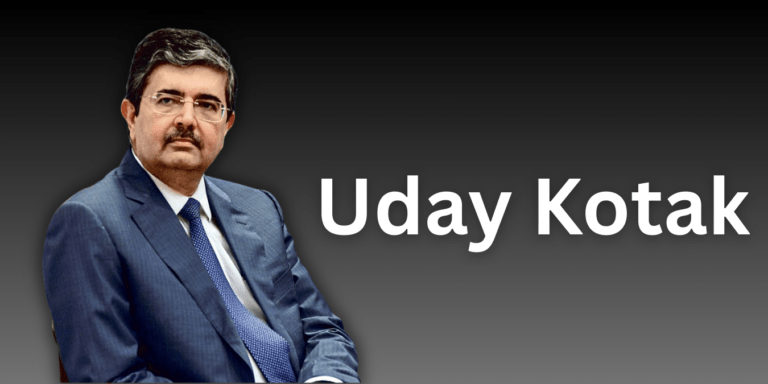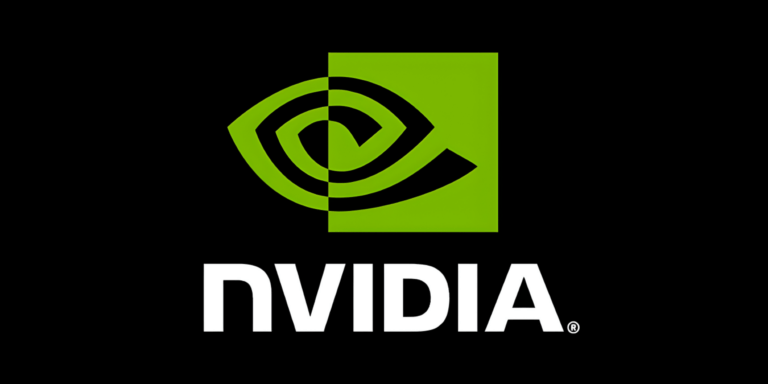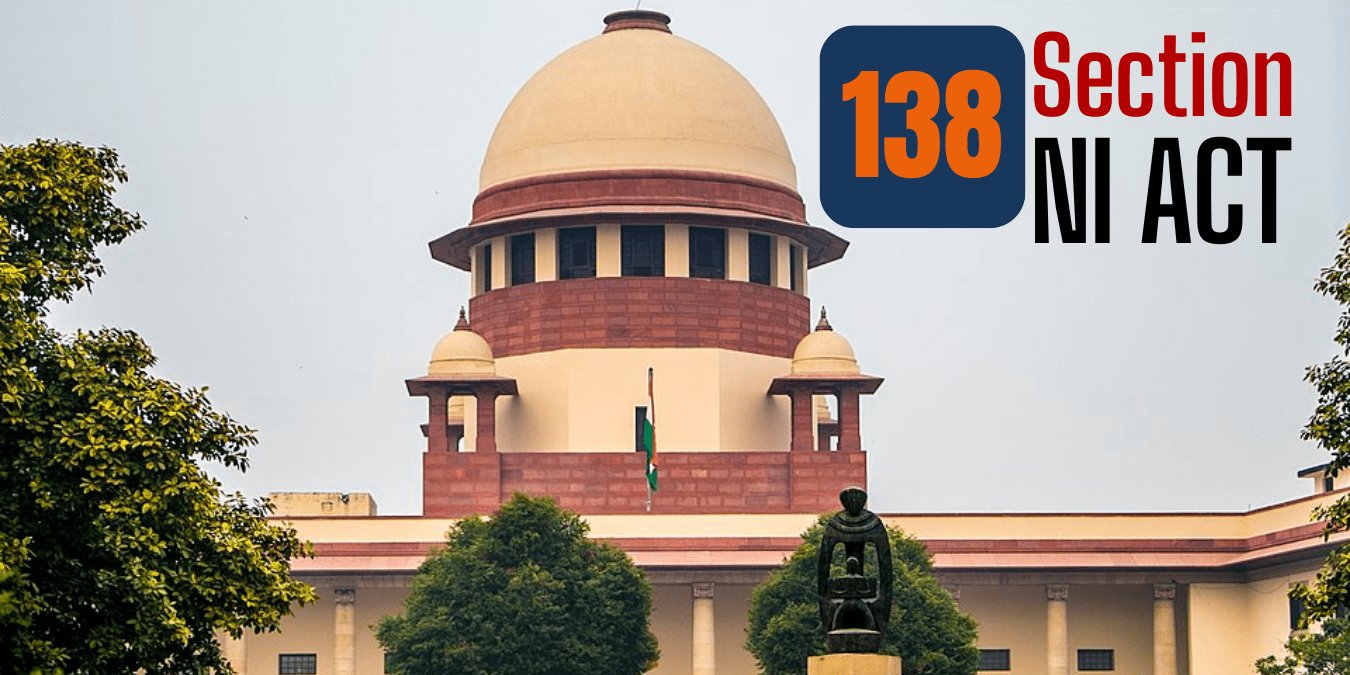
How India’s Courts Now Freeze Assets in Cheque Bounce Cases — The New 2025 Update
India’s courts in 2025 now freeze assets faster than ever in cheque bounce cases, backed by shocking Supreme Court rulings and new RBI rules. Discover how this secret legal power reshapes financial security, protects victims from fraud, and changes banking forever. Are your assets really safe after a bounced cheque? Find out now.
Shocking New Banking Alert: Imagine writing a cheque in India only to have your assets frozen by court order before you even get a chance to clear the bounced cheque! This is the game-changing new reality in 2025 as Indian courts, backed by fresh RBI policies, have fast-tracked asset freezing to combat cheque bounce fraud like never before.
Cheque bounce cases have long been a financial nightmare in India, creating massive delays and stress for complainants trying to recover their dues. But the latest judicial and regulatory interventions have introduced Secret weapons that empower courts to freeze accounts and assets swiftly, ensuring faster justice and enhanced protection for victims. Here’s a deep dive into this Smart, fast, and future-ready trend set to transform how cheque bounce disputes are handled in India.
Why Courts Freeze Assets in Cheque Bounce Cases? The 2025 Context
Cheque bounce (Section 138 of the Negotiable Instruments Act, 1881) has been a common ground for litigation for decades. However, until recently, delays in court proceedings meant defaulters often transferred or hid assets, making recovery difficult.
In 2025, courts are empowered through landmark rulings from the Supreme Court and key High Courts like Delhi to issue quick asset freeze orders at initial complaint stages, preventing asset dilution. This judicial power is supported by:
- New RBI directives mandating immediate real-time alerts to affected parties.
- Banks cooperating proactively with courts, flagging suspicious accounts.
- Clearer jurisdictional rules to speed case hearings.
This progressive tightening of norms signals a hidden but powerful shift in India’s financial legal landscape, helping curb financial malpractice securely and fast.
RBI’s 2025 Power Play: Reinforcing Asset Freeze Enforcement
The Reserve Bank of India, India's apex banking regulator, has issued multiple guidelines in 2025 to ensure cheque bounce cases are handled with increased efficiency:
- Real-time alerts: When a cheque bounces, both drawer and payee get instant SMS alerts, increasing transparency and reducing fraud window.
- Banks must provide case-related documents swiftly to courts, expediting asset freeze motions.
- Introduction of a same-day cheque clearing system from October 2025 reduces bounce incidents by lowering processing times.
- Strengthened coordination with courts to implement freezing orders securely.
These RBI moves are a turning point for litigants, promising faster resolutions with bank-backed judicial action. Consumers and investors must watch these changes to safeguard their financial transactions.
Landmark Supreme Court & High Court Judgments Shaping 2025
Supreme Court’s Bold Take on Section 138 NI Act
- The Supreme Court in October 2025 clarified the extent of asset freezing powers courts can exercise even before deep case examination.
- It mandated speedy disposal of cheque bounce cases to “reduce clogging” in lower courts.
- Notably, the court emphasized victim protection against frivolous cheque bounces through accelerated actions.
Delhi High Court’s Account Freeze Precedent
- Recently, Delhi High Court adopted a robust stance, freezing accused persons' accounts within days of complaint registration.
- This move shattered traditional delays allowing defaulters to liquidate assets easily.
- It also strengthened territorial jurisdiction guidelines, declaring jurisdiction where the payee holds their bank account, streamlining case filing.
These rulings form a top-tier legal framework encouraging quicker justice and enhancing consumer trust in banking transactions.
Real-World Examples: Shocking Cases of Fast Asset Freezing
- In October 2025, a case involving illegal loan defaults saw the court freeze defendant’s assets immediately following cheque dishonour notice delivery, causing headlines for its unprecedented speed.
- Another recent instance involved an SME owner’s bank accounts frozen to safeguard unpaid dues following a bounced cheque—an action credited with compelling swift negotiation and payment.
Such powerful judiciary moves send a strong message: cheque bounce defaulters cannot evade responsibility by delaying or hiding assets anymore.
What To Do If Your Account Is Frozen in a Cheque Bounce Case?
If caught in a court-ordered freeze, consumers should respond proactively:
- File a petition seeking quashing of orders if the freeze was based on incorrect or frivolous grounds.
- Provide documentary evidence proving fund sufficiency or cheque clearance.
- Seek legal counsel for speedy case resolution.
- Keep track of the latest RBI guidelines mandating banks notify account holders about freezes and related proceedings.
Acting quickly can reduce financial disruption and protect your credit standing.
Smart Tips To Prevent Cheque Bounce Issues in 2025’s Financial Climate
- Always maintain adequate funds before issuing a cheque.
- Prefer using digital transfers (UPI, NEFT, RTGS) which offer instant settlements and traceability.
- Leverage the RBI’s same-day cheque clearing system introduced in 2025 for faster fund verification.
- Keep updated on court rulings and RBI bulletins impacting cheque bounce regulations.
- Consult financial advisors to adopt risk-averse payment strategies.
These steps shield your finances from costly freezes and legal hassles.
The Future: Emerging Trends to Watch in 2025 and Beyond
- RBI’s fintech integration plans including AI-driven fraud detection and predictive analytics promise to revolutionize cheque bounce case management.
- Enhanced court-bank data sharing portals will expedite justice and asset recovery.
- Expect new regulations tying non-compliance to harsher penalties, both financial and criminal.
- Consumer education campaigns on cheque handling and alternative payment methods will grow federally sponsored.
Staying ahead of these trends can ensure you remain financially safe and legally prepared in India's evolving banking environment.
Top Takeaways for Indian Readers
- Courts in 2025 can freeze assets swiftly in cheque bounce cases, backed by Supreme Court & High Court rulings.
- RBI’s updated policies enforce faster alerts, same-day cheque clearance, and tighter bank-court coordination.
- Immediate action must be taken if your account is frozen; legal recourse is available with proper documentation.
- Avoid cheque bounce by using digital payment modes and maintaining sufficient bank balances.
- Watch for upcoming RBI fintech innovations enhancing cheque bounce case handling and fraud prevention.
Final Thought: The Next Big Indian Financial Move?
As RBI accelerates adoption of AI-driven risk tools and courts embrace technology for instant asset preservation, India’s cheque bounce landscape is on the brink of a quiet revolution. Could we soon see automated asset freezes triggered digitally the moment a cheque bounces? This secret power might soon make cheque bounce fraud history and redefine financial accountability across the nation—fast, smart, and irreversible.









